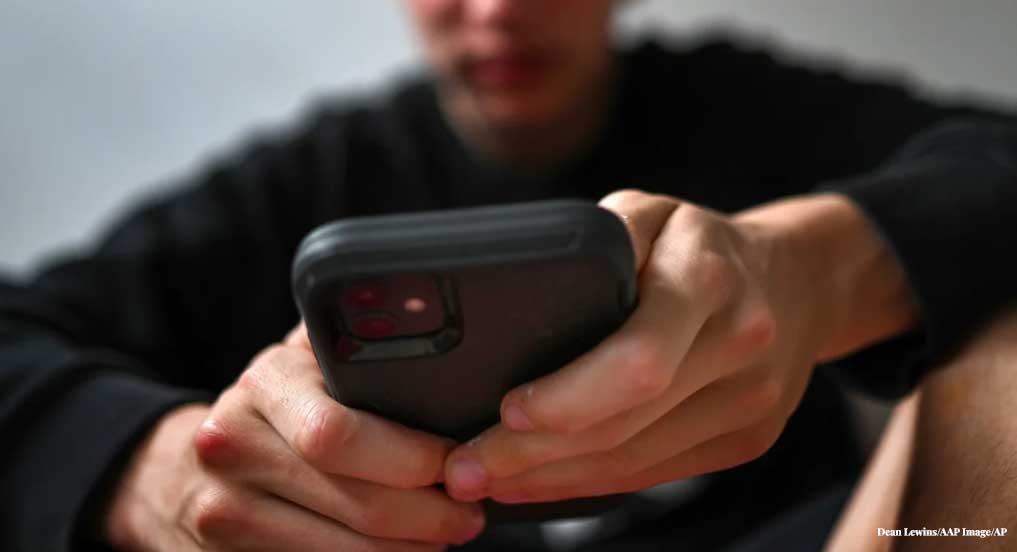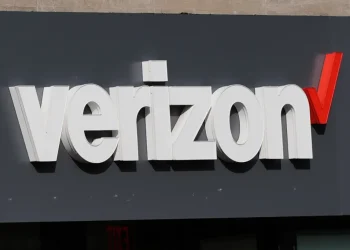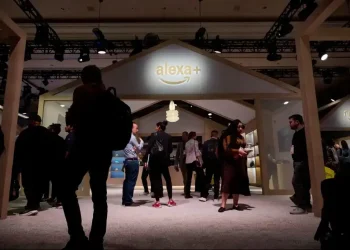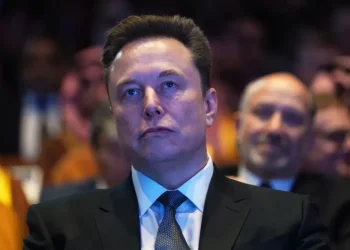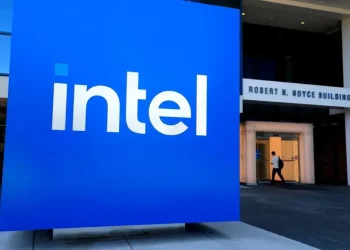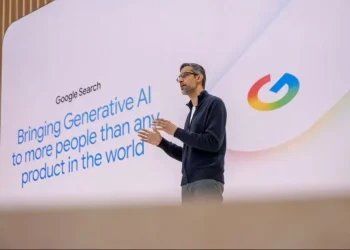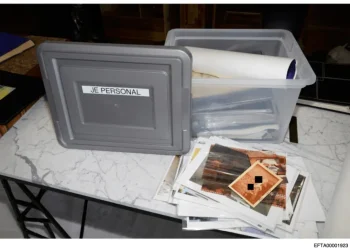Australia Passes Groundbreaking Social Media Ban for Under-16s
Australia has enacted a world-first law prohibiting children under 16 from accessing social media, placing significant accountability on tech companies to tighten security. The law, passed by the Senate on the final sitting day of the year, requires companies to take “reasonable steps” to enforce the ban or face fines of up to AUD 50 million (USD 32 million).
This unprecedented move is a response to the growing concerns about social media’s impact on youth. While other nations have introduced similar restrictions, Australia is the first to hold companies accountable for violations. Platforms like Snapchat, TikTok, Facebook, Instagram, Reddit, and X are expected to fall under the ban, with the possibility of more being added.
Government and Public Reactions
Prime Minister Anthony Albanese highlighted the growing global concern over social media’s effects on young people, describing it as a platform that can amplify bullying, anxiety, scams, and online predation. “At 16, children are better equipped to recognize fakes and dangers,” Albanese told Parliament.
The bill received bipartisan support, with Liberal Sen. Maria Kovacic calling it a “pivotal moment” in checking the power of tech giants. “We’ve drawn a line in the sand,” she said.
However, the law faced strong opposition from smaller parties and independents. Greens Sen. Sarah Hanson-Young criticized the rushed process and warned that it could push vulnerable youth into isolation. “Social media should be made safer for everyone, not banned arbitrarily,” she argued.
A Rushed Legislative Process
The bill’s rapid progression has drawn criticism for insufficient consultation. Submissions to a Senate inquiry were open for only 24 hours, followed by a brief three-hour hearing. Despite receiving over 100 submissions, most contributors expressed concerns about the lack of thorough review.
The Senate committee recommended some amendments, including prohibiting the use of government-issued documents, like passports, for age verification.
Tech Companies’ Concerns
Tech companies raised objections, citing privacy risks and the challenges of enforcing the law. Snap Inc., the maker of Snapchat, suggested “device-level age verification” as the best solution. X, owned by Elon Musk, expressed concern about freedom of expression. Meta, which owns Facebook and Instagram, advocated for waiting on results from age verification trials expected next year.
Meta also criticized the exclusion of platforms like YouTube and online gaming from the ban, arguing this undermines the law’s intent.
Public Support and Next Steps
Despite criticisms, the law enjoys strong public backing. A recent YouGov poll showed 77% of Australians support the ban.
The government will now consult stakeholders to determine a start date. Once implemented, accounts belonging to users under 16 will be deactivated. While parents and children will not face penalties for violations, companies must demonstrate robust efforts to comply.
This landmark legislation signals a turning point in how nations address the complex relationship between social media and youth, setting a precedent for others to follow.
This article was rewritten by JournosNews.com based on verified reporting from trusted sources. The content has been independently reviewed, fact-checked, and edited for accuracy, neutrality, tone, and global readability in accordance with Google News and AdSense standards.
All opinions, quotes, or statements from contributors, experts, or sourced organizations do not necessarily reflect the views of JournosNews.com. JournosNews.com maintains full editorial independence from any external funders, sponsors, or organizations.
Stay informed with JournosNews.com — your trusted source for verified global reporting and in-depth analysis. Follow us on Google News, BlueSky, and X for real-time updates.
